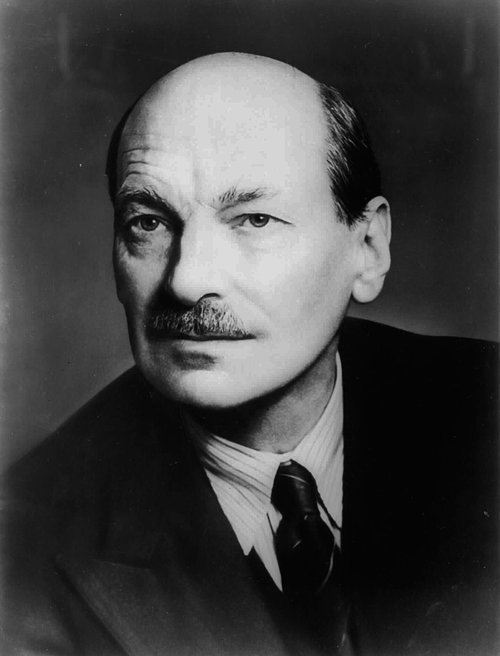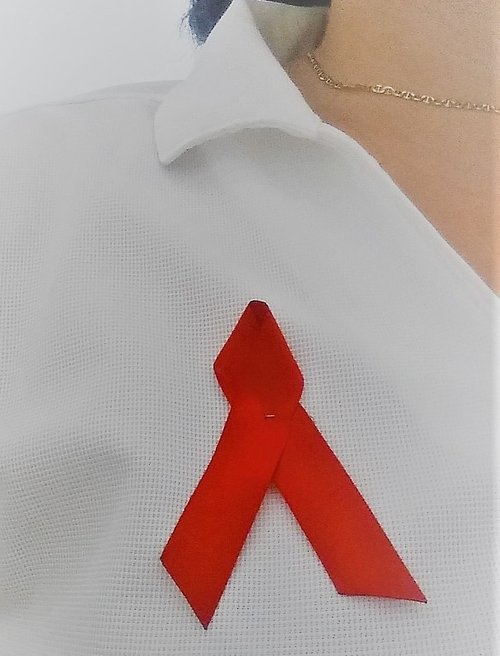Finance and Society
Monday, 07 April 2025By Chris Yapp

In much of the discussion about the financial system there tends to be a binary discussion about the role of the state and the private for profit sector. For me, this is a mistake. Rather than a binary choice there is a broad spectrum from the private for profit sector and the state encompassing Unions, Friendly Societies, Mutuals, Co-operatives, Social Enterprises, Community Groups, Voluntary Bodies and Charities.
In describing a working financial system, too often the strategic role of the “Third Sector” is relegated to an afterthought.
This spread across the political spectrum.
There is a famous quote of Clement Attlee:
Here the argument is that there would be no need for charities if only the rich would pay their taxes. When David Cameron embraced the “Big Society” as leader of the opposition, it felt as if there was a growing consensus around a more enlightened view of the Third Sector. Until that time the growth of the Social Enterprise sector had been seen by many as a New Labour Project, though I acknowledge the important role of David Willetts. Sadly, I found those on the left believing that this was an attempt to deliver public services on the cheap and some on the right believing that this was nostalgia for a time when “Ladies who lunch” could volunteer to help those less fortunate.
Related to this difference between a spectrum versus a binary choice is a view of innovation, which is that government should get out of the way and let the private sector innovate because that is where innovation comes from. That is not my experience.
On the contrary, I have found much innovation in both the charitable sector and among social entrepreneurs. There have also been some interesting examples in what has been called “impact investing” or “venture philanthropy”.
In periods of societal change or disruption, the private sector tends to focus on profitability and the state sector on delivery of services to those at risk of exclusion.
My concern is that in these times there can be a breakdown of trust and also the risk of missing “weak signals” of emerging challenges and problems.

An historical example would be the emergence of HIV/AIDS. In the early days, there was a combination of fear, ignorance and uncertainty. I remember seeing a suggestion that HIV was a CIA experiment in Africa gone wrong. It was a small fringe belief. Today, through social media this type of belief can easily go viral globally as we have seen with COVID.
I would argue that some celebrities, such as Elton John and Princess Di, along with bodies like the Terence Higgins Trust helped society adjust to the new reality when there was distrust of drug companies at one end and “men from the ministry” at the other.
My own observation of Social Entrepreneurs and charity leaders is that they often “ see” emerging challenges when the official data is weak or non-existent and insignificant to the private sector.
Years ago I attended and spoke at a number of Third Sector Conferences and picked up some insights on the strategic role of the wider third sector, but also its challenges.
On example was research from the USA that showed that charitable giving and volunteering was strongest in the wealthiest areas. In areas of unemployment or low income there was an absence of resources and available time for individuals to play a wider role in their communities and wider society. I remember a passioned speech in which an individual argued that the end of final salary pensions would severely impact the third sector. Similarly the growth of zero hours contracts would create a part of society that could not contribute to wider social goals.

This was brought back to me by a recent article which showed that in the age of austerity that philanthropy had declined rather than stepped up to meet the challenges of our age. While there are numerous examples to the contrary, the reality is that as wealth has accumulated to a global few, whilst generosity with that wealth has declined.
We are living in a time when confidence in our democratic institutions is in decline, compared to the optimism after the Berlin wall fell in the early 1990s. That should be a concern to anyone who believes in an open society. It is worth reading a report of a conference back in 2013 which grappled with some of these issues.
I know that the Third Sector is far from perfect and that scandals and controversy happen from time to time. However, before the state grew to take on services to the public, what we now call the Third Sector was important as an agency for delivery and advocacy to the wider society. A reading of the history of bodies such as the National Trust and the Co-op movement illustrates what has been possible.
My own hope is that we can find the same energy and passion that drove some of those pioneers. So, what I hope we can find space for is thinking about the strategic roles that the third sector can play in addressing the challenges of our uncertain times. As Lord Michael Young, one of the great Social Entrepreneurs used to argue, “Just do it”.
Chris Yapp is a past Trustee of the School for Social Entrepreneurs and a Patron for the National Association of Able Children in Education